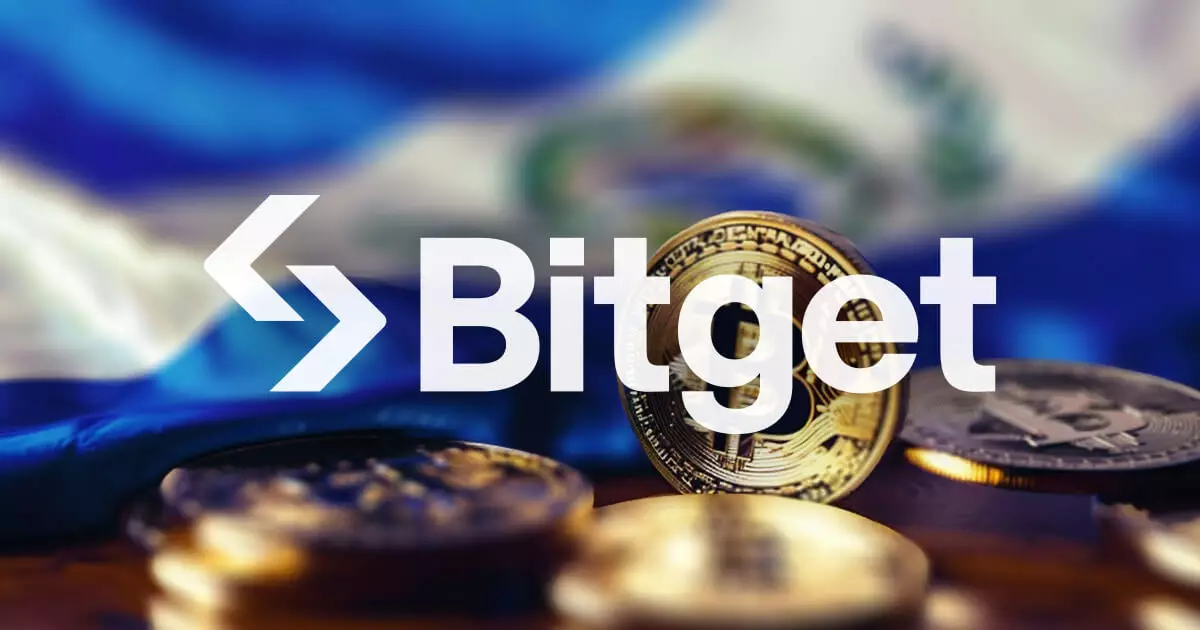El Salvador has confidently positioned itself at the forefront of the cryptocurrency revolution, recently granting Bitget a Bitcoin Service Provider (BSP) license. This pivotal development allows Bitget to offer a range of Bitcoin-related services, including crypto-to-fiat conversions and secure transaction processing. Such licensing is a testament to the country’s commitment to integrating digital currencies into its financial framework, thus providing an attractive avenue for crypto businesses looking to establish a foothold in Latin America.
In addition to securing the BSP license, Bitget is actively pursuing a Digital Assets Service Provider (DASP) license from the National Commission of Digital Assets in El Salvador. Obtaining this additional license would enable the exchange to expand its portfolio to encompass other cryptocurrencies beyond Bitcoin, enriching its service offerings. Such diversification would not only benefit Bitget but would also enhance El Salvador’s status as a regional hub for cryptocurrency innovation. With plans to establish a local team in El Salvador, Bitget aims to solidify its presence and improve user experience across Latin America—a region identified as ripe for crypto adoption.
President Nayib Bukele’s administration has been vocal about the potential of Bitcoin to spur economic growth. Recently, he reported an unrealized profit of around $362 million from the country’s Bitcoin investments, a significant figure considering El Salvador initially invested approximately $270 million. Currently holding about 6,188 BTC, the total value of these holdings has surged past $632 million. This financial fortuitousness represents not just an ROI for the nation but highlights the transformative potential Bitcoin holds in reshaping national economic strategies.
Despite the apparent benefits, El Salvador’s bold approach to cryptocurrency has not been without challenges. The strategy has drawn criticism from various global institutions, raising concerns about regulatory and financial stability. Reports suggest that El Salvador is negotiating a $1.3 billion loan with the International Monetary Fund (IMF), which may necessitate adjustments to the country’s Bitcoin legislation. Such potential changes could alter the regulatory landscape significantly, indicating that while the nation is making strides forward, it must also navigate a complex web of international scrutiny and economic policy-making.
As the world witnesses a growing appetite for cryptocurrencies, El Salvador is banking on its forward-thinking strategies to create a model that could inspire other nations. The partnership with Bitget exemplifies the momentum building in the crypto sector and reinforces the nation’s role as a critical player in this transformative era. However, with ongoing negotiations with the IMF and the need for regulatory stability, the path ahead remains uncertain. Will El Salvador manage to balance innovation with sustainable economic practices, or will external pressures dictate a pivotal shift in its Bitcoin-centric strategy? This dynamic situation holds generational significance for both the country and the future landscape of global cryptocurrency markets.

